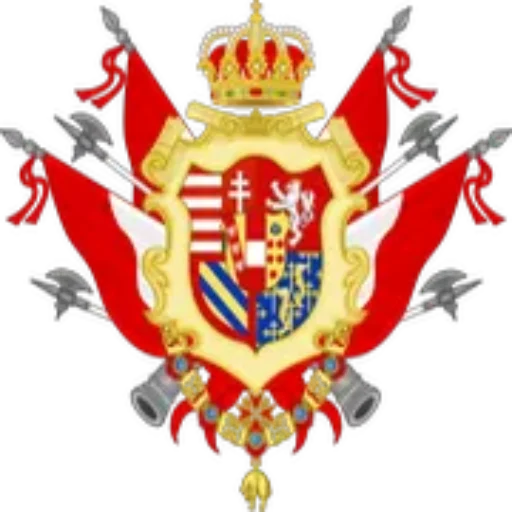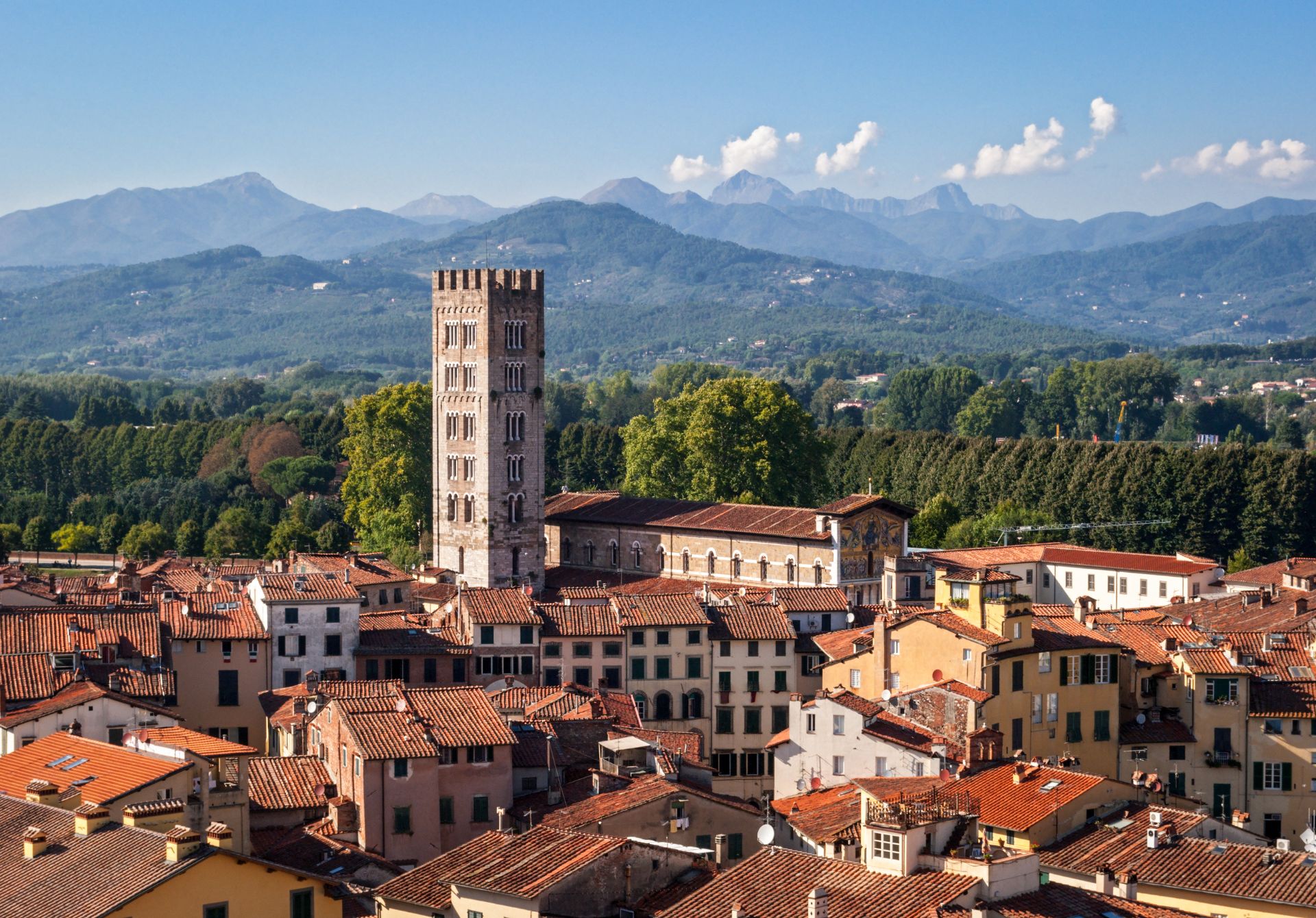Nestled in the heart of Tuscany, Lucca stands as a testament to Italian architectural brilliance and cultural richness. Unlike its more famous neighbors like Florence and Pisa, Lucca offers visitors an intimate, authentic experience of medieval Italian life, preserved within its remarkable Renaissance-era walls.
Historical Significance: A Journey Through Centuries
Medieval Roots and Renaissance Prosperity
Founded by the Etruscans and later developed by Romans, Lucca became a powerful independent republic during the Middle Ages. By the 12th century, the city had emerged as a significant silk trading center, establishing its economic importance across Europe. The city’s wealth allowed it to commission stunning architectural marvels that continue to captivate visitors today.
Political Transformations
Throughout history, Lucca experienced diverse political landscapes. It was ruled by numerous powers, including the Papal States, Napoleon’s sister Elisa Bonaparte, and eventually became part of the Kingdom of Italy in 1861. Each era left an indelible mark on the city’s cultural and architectural fabric.
Architectural Marvels: Walking Through Living History
The Iconic City Walls
Lucca’s most distinctive feature is its complete set of Renaissance walls, spanning approximately 4 kilometers. Unlike defensive structures in other cities, Lucca’s walls were transformed into a public park, creating a unique urban green space where locals and tourists alike can walk, cycle, and enjoy panoramic city views.
Remarkable Landmarks
The city boasts extraordinary architectural treasures, including:
- The elliptical Piazza dell’Anfiteatro, built on a Roman amphitheater’s foundations
- San Michele in Foro, a stunning Romanesque church with an elaborately decorated facade
- The Guinigi Tower, featuring a unique rooftop garden with ancient holm oak trees
Cultural Significance: A Cradle of Artistic Excellence
Musical Heritage
Lucca holds immense musical importance, being the birthplace of renowned composers Giacomo Puccini and Luigi Boccherini. The city celebrates this legacy through multiple music festivals and the Puccini Museum, attracting classical music enthusiasts worldwide.
Artistic Traditions
The city has consistently been a hub for artistic expression, with a rich tradition of craftsmanship in silk production, ceramics, and intricate woodwork. Local artisans continue to preserve these traditional skills, offering visitors authentic cultural experiences.
Culinary Delights: Tuscan Gastronomy at Its Finest
Lucca’s culinary scene reflects the rich agricultural traditions of Tuscany. Local specialties include:
- Buccellato: A traditional sweet bread with raisins and aniseed
- Tordelli Lucchesi: Meat-filled pasta with a centuries-old recipe
- Local wines from nearby Montecarlo vineyards

